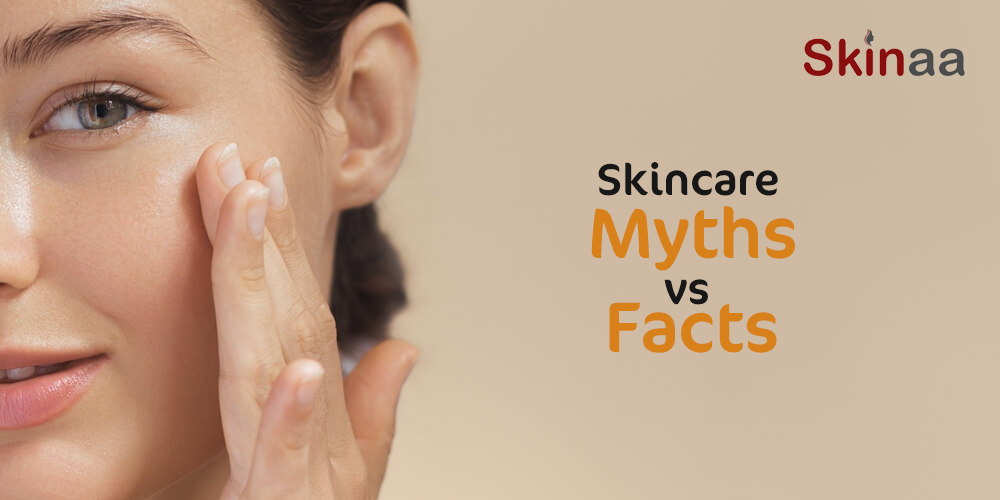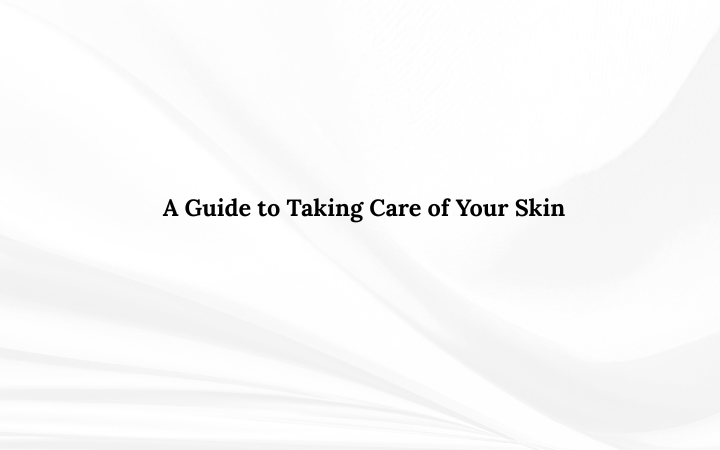Oily skin is a skin type shrouded in misconceptions. By debunking these myths and embracing the facts, you can achieve healthy, balanced, and beautiful skin. Here's a guide to understanding oily skin better and how to care for it effectively.
Oily Skin Myths and Facts
Myth 1: Oily Skin Causes Acne
Fact: Oily skin is indeed more prone to acne, but it isn't the sole cause. Acne is a complex condition influenced by genetics, hormones, and bacteria. A proper skincare routine can help manage acne in oily skin.
Myth 2: Oily Skin Doesn't Need Moisturizing
Fact: Contrary to this belief, oily skin needs hydration. If you skip moisturizing, your skin might produce more oil to compensate. Opt for lightweight, non-comedogenic moisturizers to keep your skin balanced.
Myth 3: Oily Skin Doesn't Age as Quickly
Fact: While oily skin may exhibit fewer wrinkles initially, it's not exempt from aging. Issues like enlarged pores and blackheads can contribute to an aged appearance. Sun protection is essential for all skin types.
Myth 4: Daily Exfoliation Controls Oily Skin
Fact: Over-exfoliating can harm your skin's natural oils, causing more oiliness and irritation. A gentle exfoliation routine (2-3 times a week) is ideal for removing dead skin cells and preventing clogged pores.
Myth 5: Oily Skin Doesn't Need Sunscreen
Fact: Oily skin is just as vulnerable to sun damage and skin cancer. Use oil-free, non-comedogenic sunscreens for effective protection without clogging your pores.
Tips for Caring for Oily Skin
- Cleanse Gently: Wash your face twice daily with a gentle cleanser. Avoid harsh cleansers that strip away natural oils.
- Moisturize Wisely: Choose lightweight, non-comedogenic moisturizers to hydrate your skin without causing oiliness.
- Exfoliate Regularly: Gently exfoliate 2-3 times a week to remove dead skin cells and prevent pore clogging.
- Use Sunscreen Daily: Apply an oil-free, non-comedogenic sunscreen every day, regardless of the weather.
- Avoid Touching Your Face: This can transfer dirt and oil, leading to breakouts.
- Eat Healthily and Stay Hydrated: A balanced diet and adequate water intake are vital for maintaining healthy skin.
- Consult a Dermatologist: If you struggle with oily skin and acne, consider seeking advice from a skin specialist for potential prescription treatments.
Understanding your skin type is crucial in selecting the right skincare products and routines. By dispelling myths and following these practical tips, you can effectively manage oily skin, keeping it healthy, balanced, and radiant. Remember, every skin type deserves proper care and attention.









